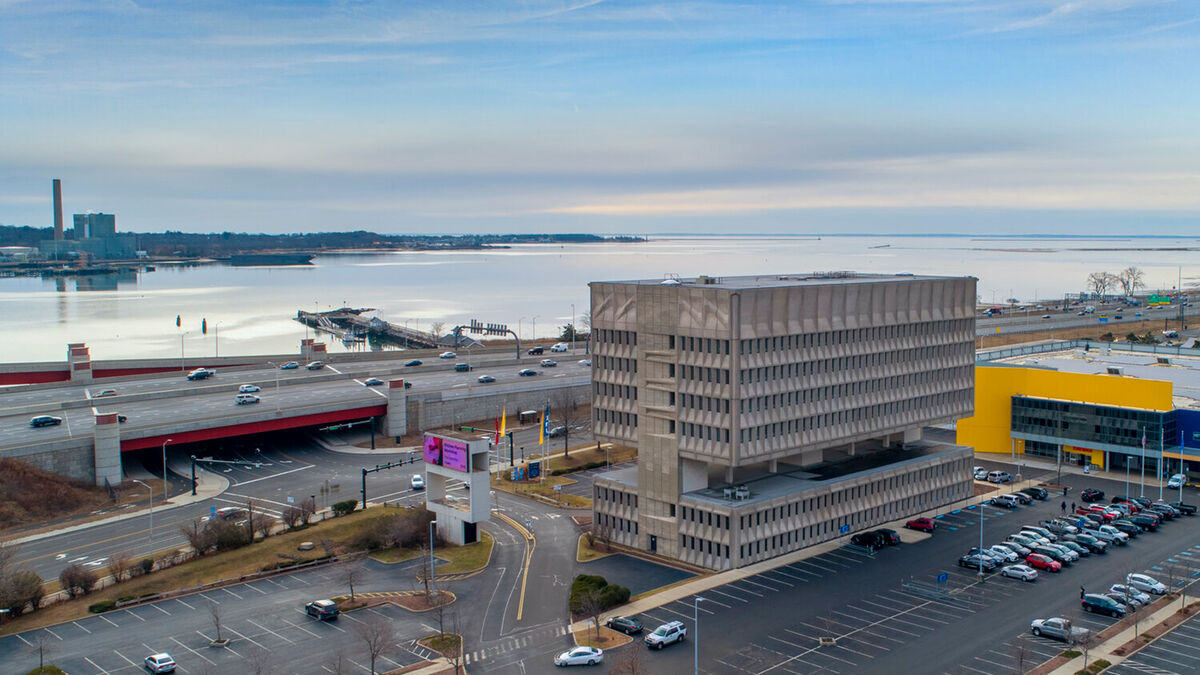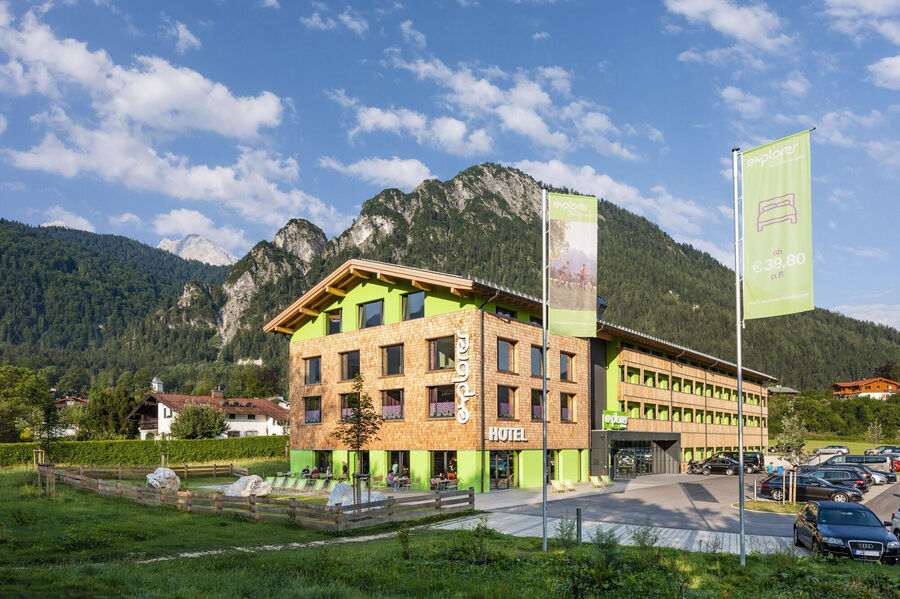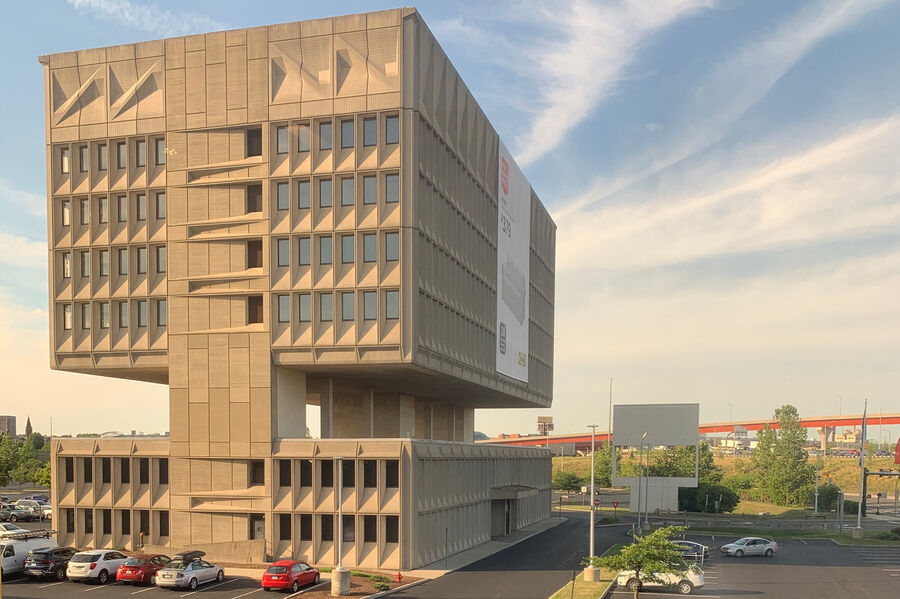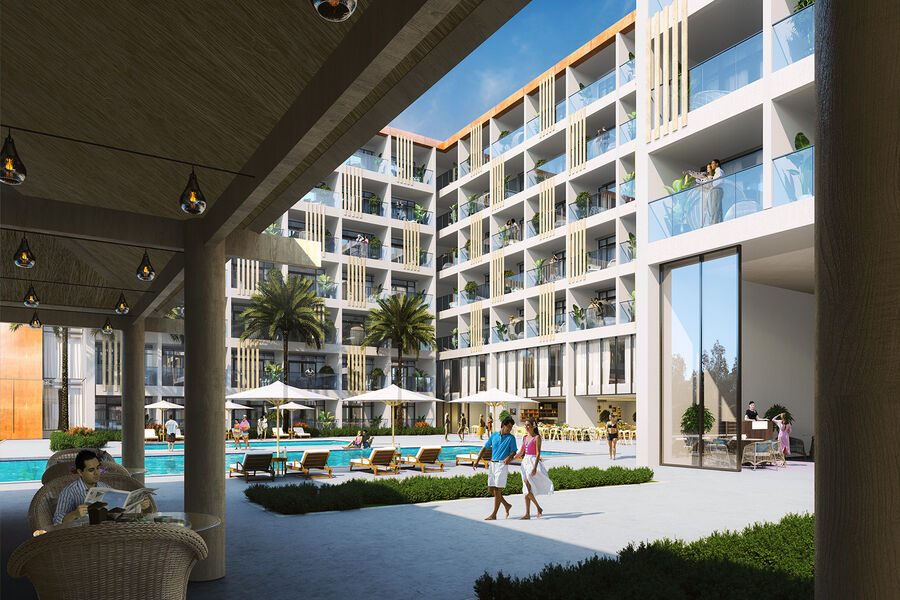
Towards reducing the overall carbon footprint
The adoption of the Passivhaus (or Passive House) standard for domestic dwellings has become common place in Europe and the Americas as the residential construction industry seeks ways to reduce the overall carbon footprint of new build homes.
The Passivhaus standard revolves around five key principles to primarily ensure a building with low energy usage:
- Thermally high performance windows
- Building envelope air tightness
- High levels of thermal insulation
- Ventilation which ensures a high indoor air quality
- Removal of all thermal bridging
To achieve Passivhaus certification all of the above are required to be rigorously calculated, modelled, assessed, and tested during both the design and construction stage. This is done to ensure that the key target of less than 15 kWh/m2 yr for space heating is met (amongst other technical criteria). This equates to an approximate 75% reduction in heating demand than a standard new build house.
The heat losses of the building are reduced so much that it hardly needs any heating at all. Passive heat sources like the sun, human occupants, household appliances and the heat from the extract air cover a large part of the heating demand. The remaining heat can be provided by the supply air if the maximum heating load is less than 10W per square metre of living space. If such supply-air heating suffices as the only heat source, we call the building a Passivhaus.
—Prof. Dr Wolfgang Feist Director of the Passive House Institute, Darmstadt, Germany.
So while the last 30 years have seen the Passivhaus standard been successfully applied to residential buildings (with around 300 properties in the UK) – its impact in commercial construction sector has been less noticeable. There are however a small number of non-domestic buildings which have achieved the Passivhaus standard
So the question is … can the Passivhaus standard be applied to hotels?
The short answer is YES.
While hotels do not have the same energy usage patterns and demands — and different patterns of heating and cooling — as domestic dwellings the principles outlined above can still be successfully applied.

Passivhaus accredited Alpine hotels
Nowhere is this better seen than the Explorer Hotel group whose nine properties in Germany and Austria are all Passivhaus accredited, as well as being climate neutral and boasting zero emissions. All this is achieved while being located in Alpine sites and managing extreme seasonal weather variations.
The Passivhaus standard does not only apply to new builds, as the soon to be completed Hotel Marcel in New Haven, Connecticut shows. The 165 bedroom hotel is to be housed within the iconic ‘Pirelli Building’, a brutalist masterpiece by Marcel Breuer and will be constructed to Passivhaus standards whilst preserving and maintaining the historic fabric (the building is listed on the American National Register of Historic Places). With the growing acknowledgement that building refurbishment is a viable and necessary method of reducing the construction Co2 emissions, coupled with the changing patterns of work and life (increased working from home, leaving vacant commercial office space) – this hotel is a timely case study of what is possible.

Hotel Marcel (formerly Pirelli Building)
Leading the way in Passivhaus refubishment (image credit: Becker + Becker)
A good starting point for hotel developments
It is important to note that the Passivhaus standard is focussed primarily on minimising the energy usage of a particular building and is unconcerned with other construction sustainability issues such as embodied carbon, material transportation, deforestation, raw material extraction and manufacturing, air and waterborne pollutants etc.
Whilst it acknowledges the place of renewable energy as a positive factor – it does not have any direct contribution to the Passivhaus standard (NB: there are additional levels of Passivhaus accreditation which to acknowledge the introduction of site-specific renewables).
The Passivhaus standard should be seen as a good starting point for any hotel development, with its necessary focus on a high performing building envelope and efficient mechanical systems. The standards it sets out are seen as the fore-runner to potential UK Building Regulation targets as the construction industry attempts to grapple with the fundamental challenge of the ongoing climate emergency.
There are a number of other Passivhaus standard hotels are currently in development around the world, but none as yet in the UK.

